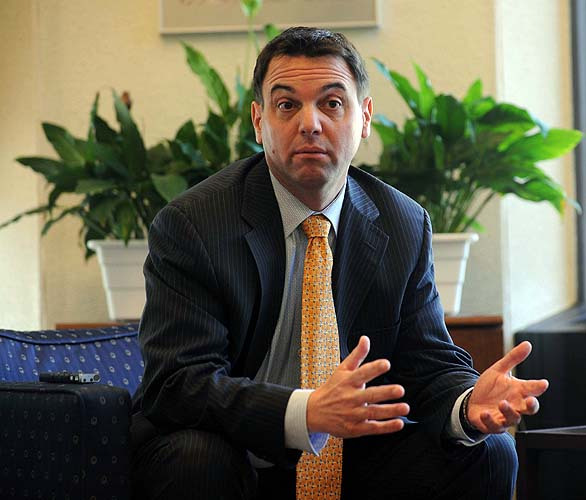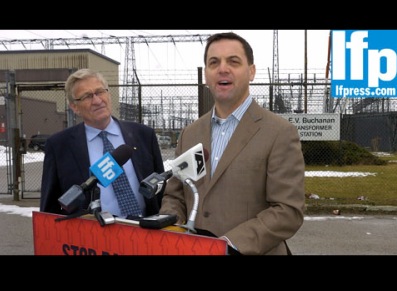Why Harper is crazy to campaign now
Check this out:
I met this guy at the 2006 Liberal leadership convention. To the Cons present, he was clearly a big deal. They flitted around him like flies.
And Harper had hired him to work in PMO – after the results of his security check were known. After.
He had a Top Secret security clearance.
Why is Harper certifiable to hit the hustings now? Because almost every day will bring a shiny new Carson cruise missile. Right now, investigative reporters are digging away. They won’t stop.
Remember Jaffer? That one had sex and sleaze, too. It went on and on for months.
This one is different. It leads directly into the Office of the Prime Minister.
And, officially, these Reformatories have become what they said they’d destroy. They are the biggest hypocrites in Canadian history, full stop.
They make me sick.



